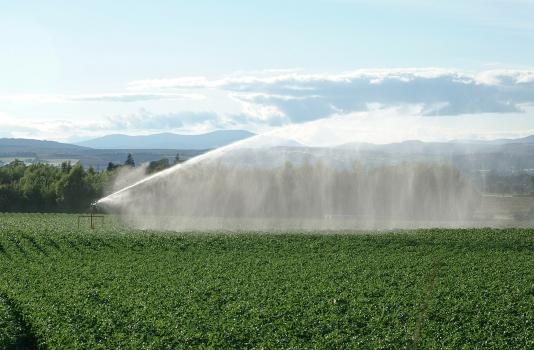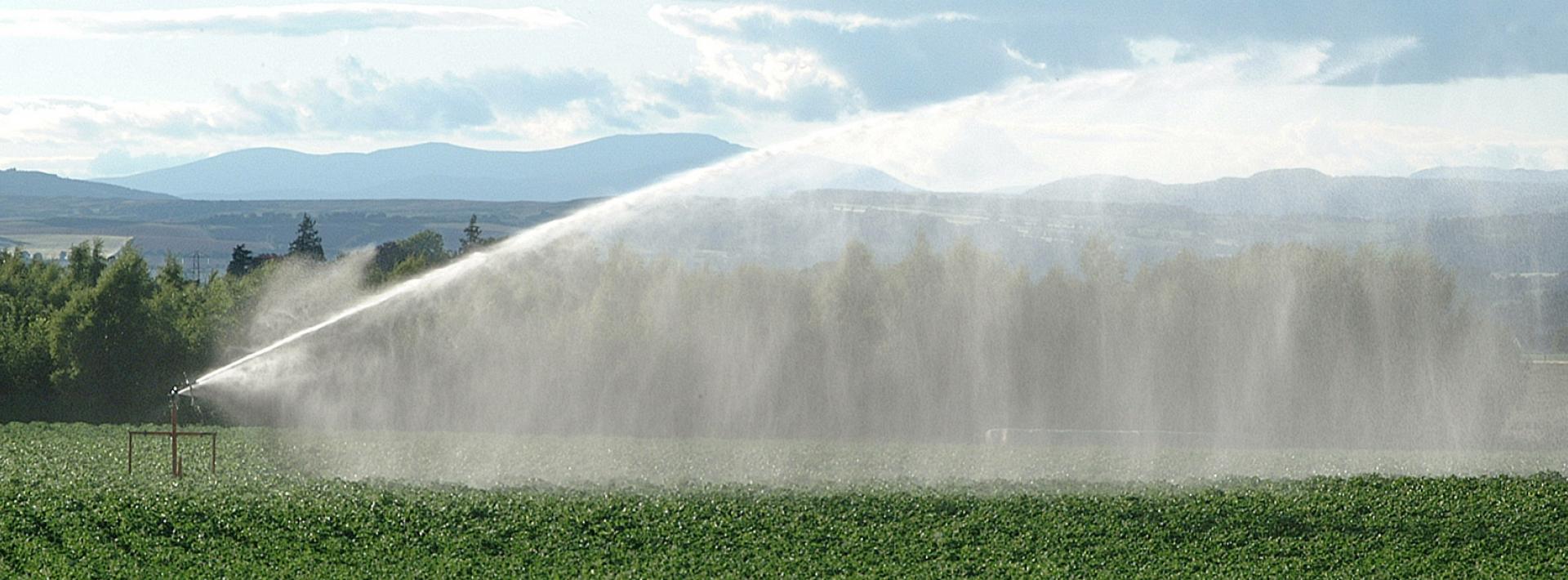Publication
Developing a foundation for reclaimed water use in Scotland

Water resources in Scotland and across the EU are under increasing stress, especially in areas with intense agriculture. Global climate changes are likely to exacerbate water shortages and cause an increasingly unpredictable supply. Consequently, there is an increasing interest in wastewater reclamation.
This project establishes the potential for marketing reclaimed water in Scotland, including the water quality requirements for business activities that could benefit from this, the potential water savings and benefits, and the stakeholder perspectives on the use of reclaimed water. The focus is on the intentional reuse of treated final effluents from municipal/urban wastewater treatment plants.
The research has been undertaken in two stages:
- Supporting the development of national guidelines in Scotland with a review of existing guidelines in other countries, and by using risk assessment tools to help develop reclaimed water standards that will ensure public health;
- Engaging with stakeholders to evaluate the models developed in Stage 1 and to identify benefits, savings, risks and barriers to use of reclaimed water in Scotland.
A series of potential end-use scenarios for reclaimed water relevant to Scotland have been developed, including urban irrigation (edible and non-edible), agricultural irrigation, non-potable domestic and industrial. For each scenario, exposure and risk assessment models have been developed to assess potential human health impacts.





